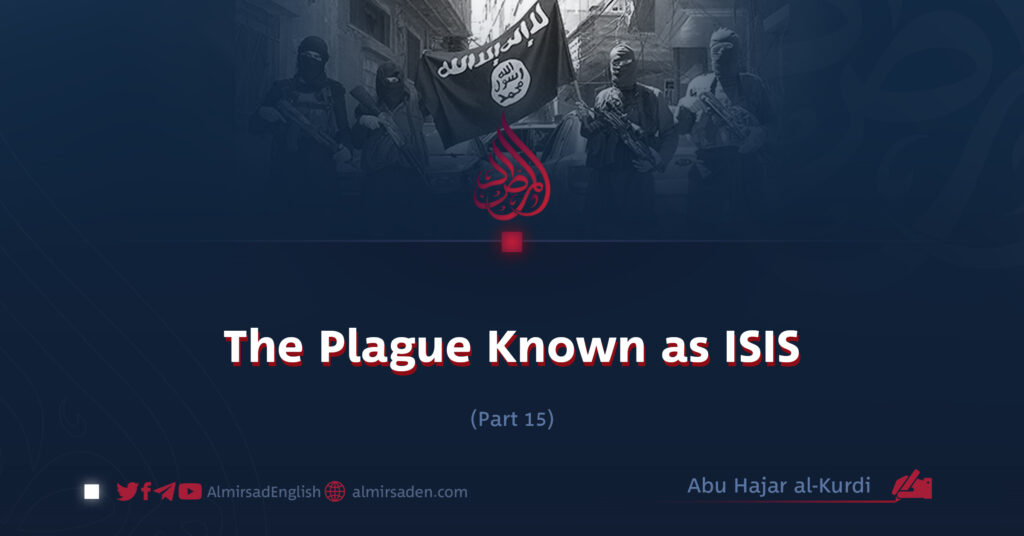Part 15
Written by: Abu Hajar al-Kurdi
The Capture of Deir ez-Zor
At the outset of this series, it was noted that ISIS’s presence not only failed to benefit the global jihadist movement but also severely undermined the mujahideen wherever this calamitous group established itself. The existence of ISIS has undoubtedly had a profoundly negative impact on the mujahideen in the Levant (Shām).
As the Syrian mujahideen steadily captured cities and villages, tightening their grip on territory held by the Assad regime, ISIS emerged and imposed its destructive influence upon the already weakened body of the Ummah. Deir ez-Zor was one such region where the mujahideen had gained control over vast territories in 2013, securing access to some of Syria’s key economic hubs. This strategic gain had the potential to significantly benefit the revolution and jihad, yet it ultimately fell under the treacherous influence of al-Baghdadi’s militia. ISIS launched offensives, seized control, and wrested this oil-rich region from the revolutionaries, further undermining their struggle.
Geographical Significance of Deir ez-Zor
Deir ez-Zor is an eastern province of Syria, with its capital bearing the same name. The city is situated along the banks of the Euphrates River and borders the vast Syrian desert. Its strategic importance stems from its geographical positioning, particularly its access to water resources, which render it a pivotal area within the region. The province’s significance is primarily tied to its proximity to the Euphrates River and the surrounding desert landscape.
How Did ISIS Take Over Deir ez-Zor?
In late 2013 and early 2014, ISIS launched a series of attacks against the mujahideen in Deir ez-Zor, killing hundreds and capturing portions of the city. After seizing control, they beheaded dozens of mujahideen, forcibly displaced their families, and subjected the local population to a new wave of oppression and terror. Their rule was marked by extreme brutality, mass executions, and tyranny, forcing many to seek refuge even in Kurdish-controlled areas or territories under the Nusairi regime.
However, ISIS’s control over Deir ez-Zor was short-lived. True to their pattern of betrayal, they ultimately relinquished this strategic city to forces loyal to Bashar al-Assad’s regime in 2017 without significant resistance. As seen in numerous other cases, ISIS abandoned this pivotal region to Iran’s proxy militias without a fight.
